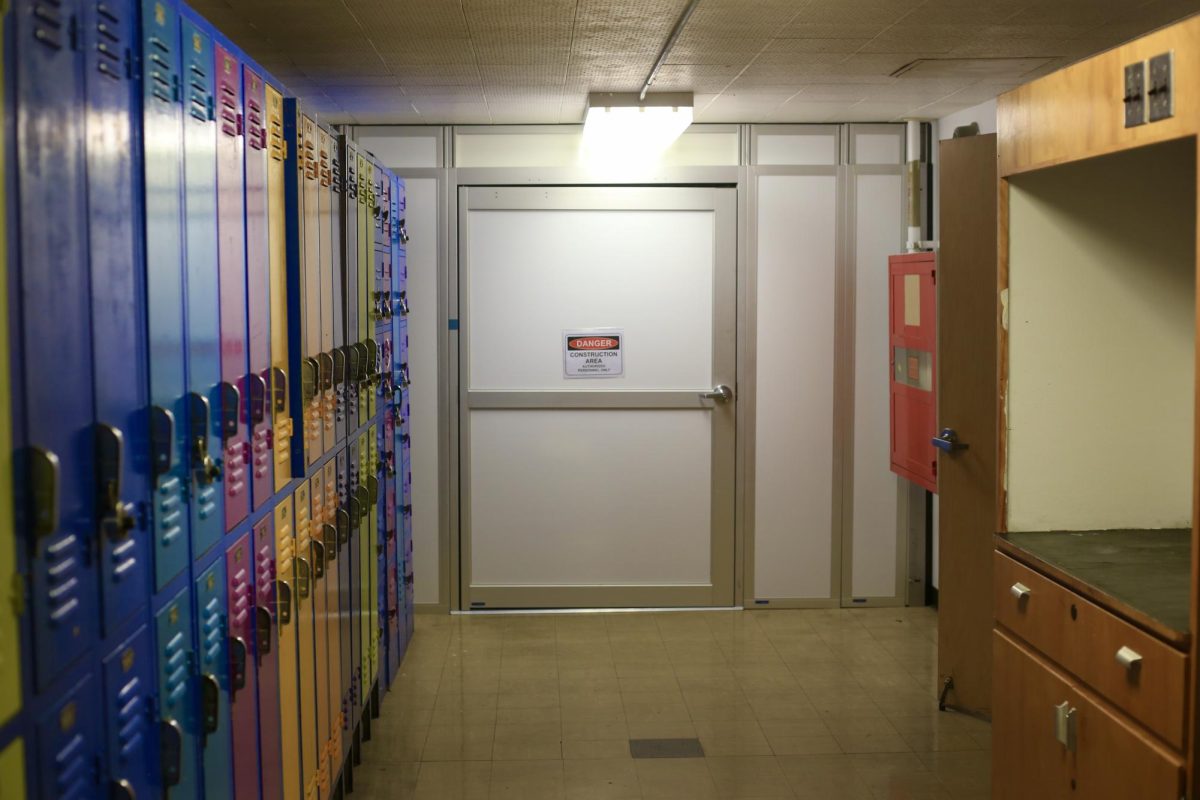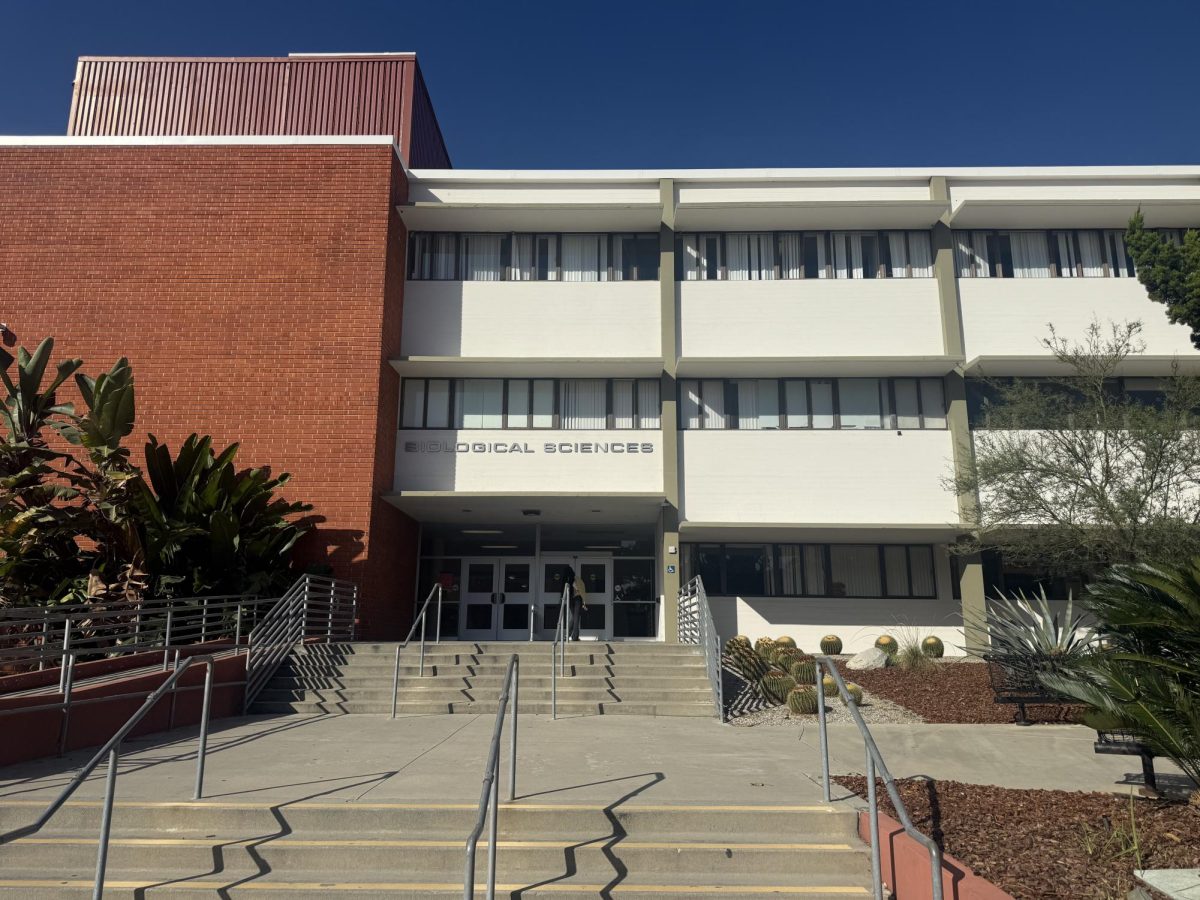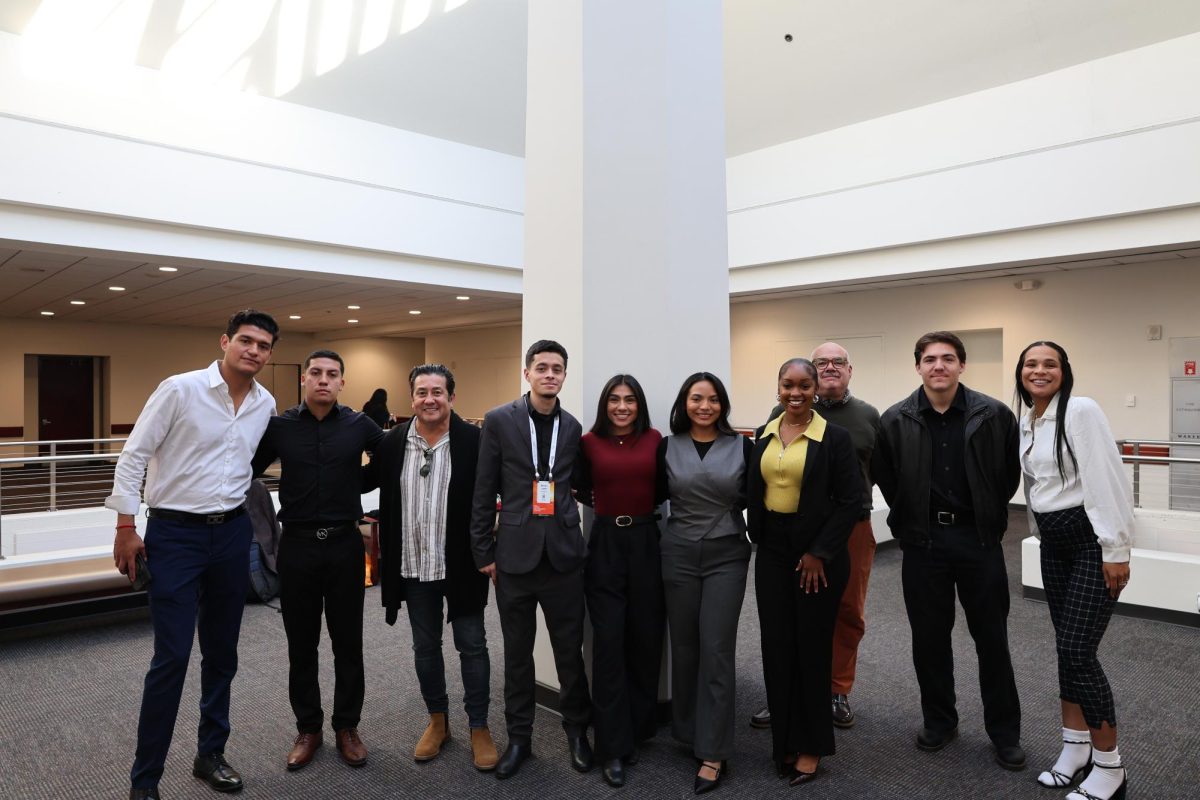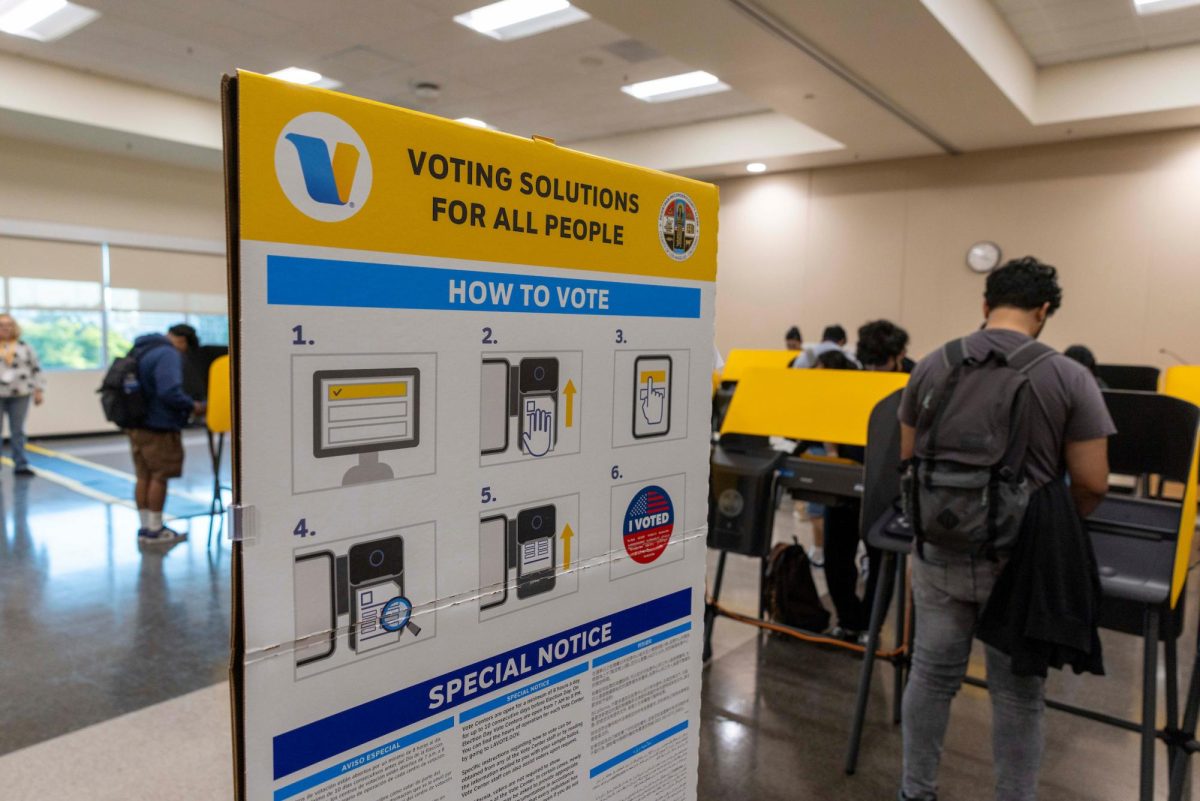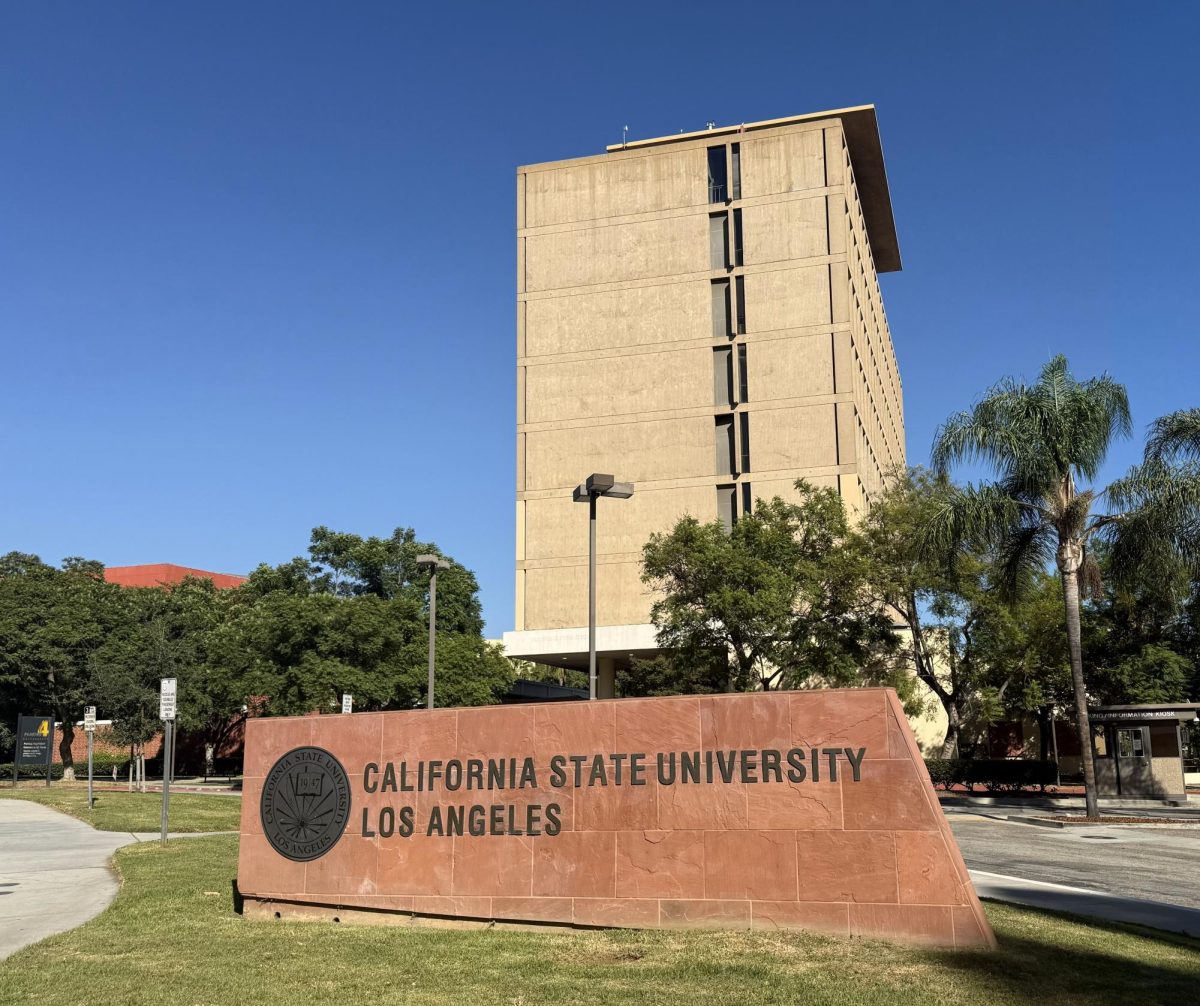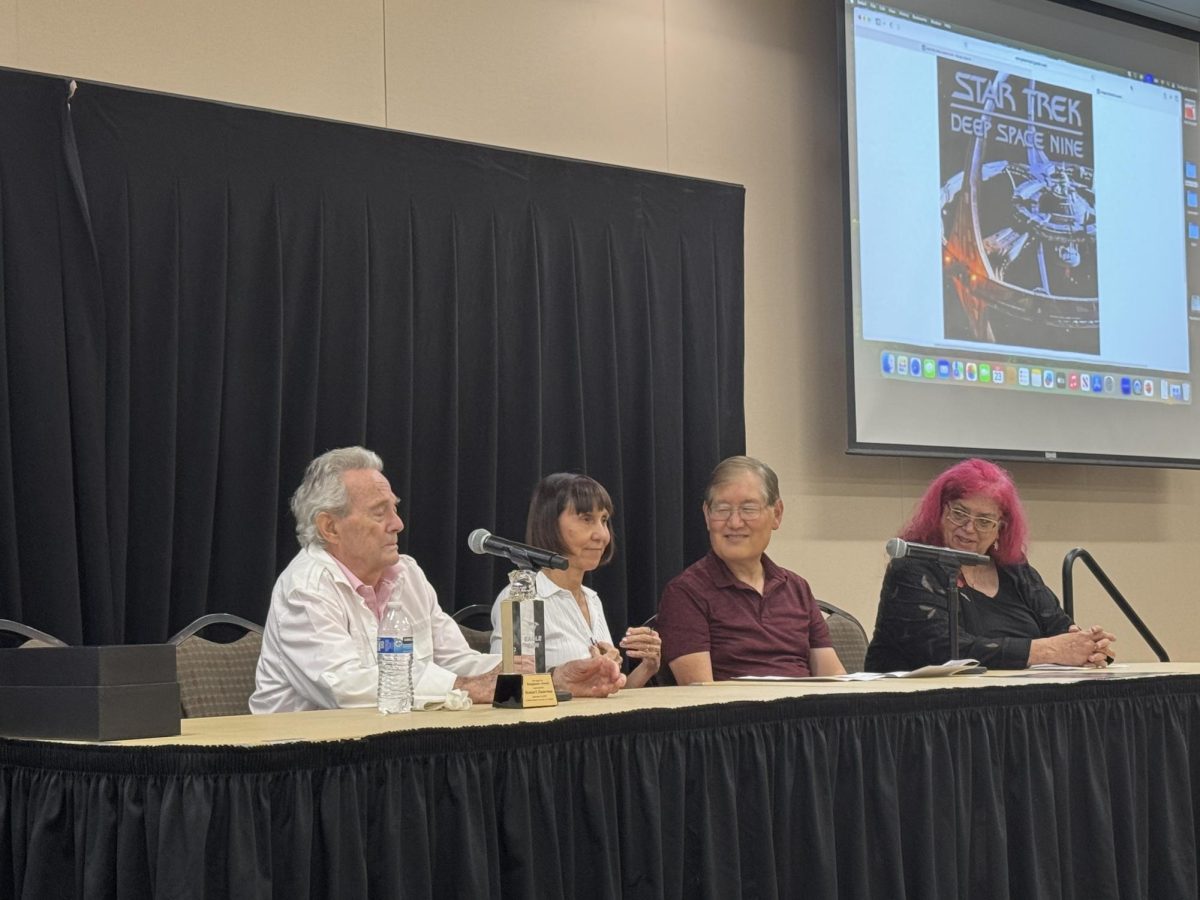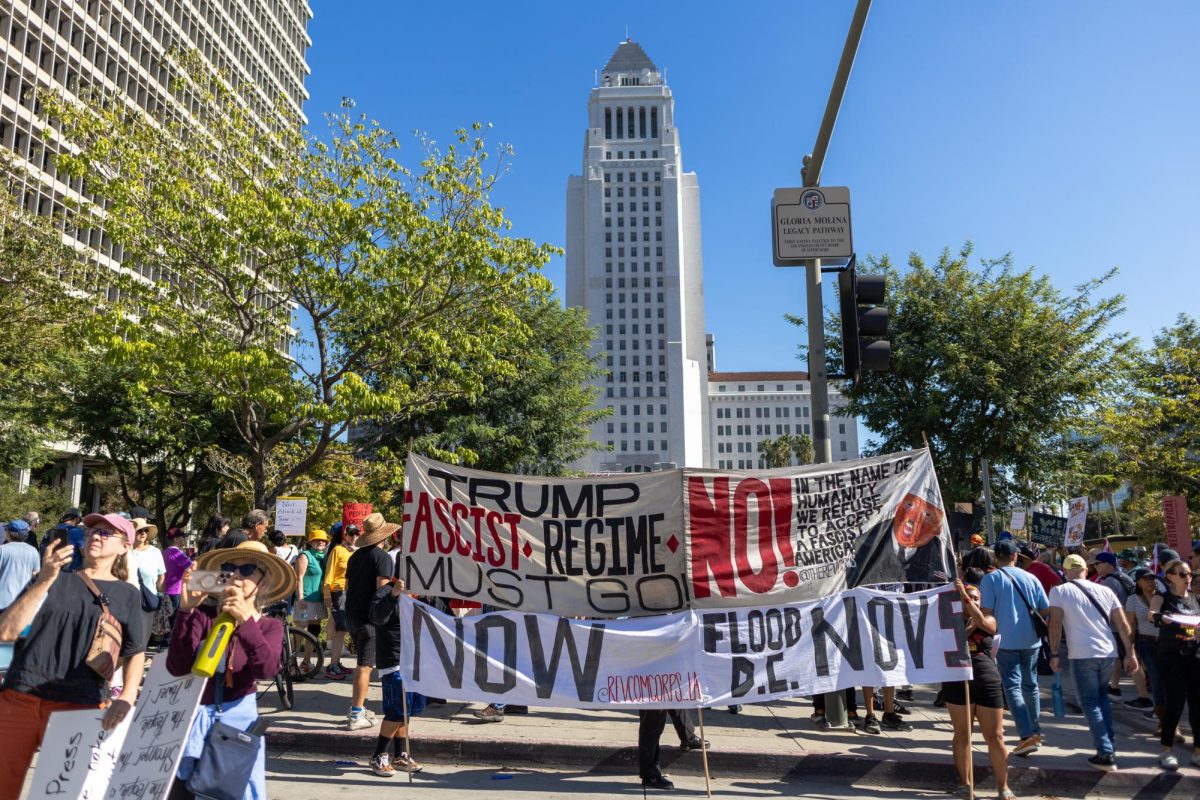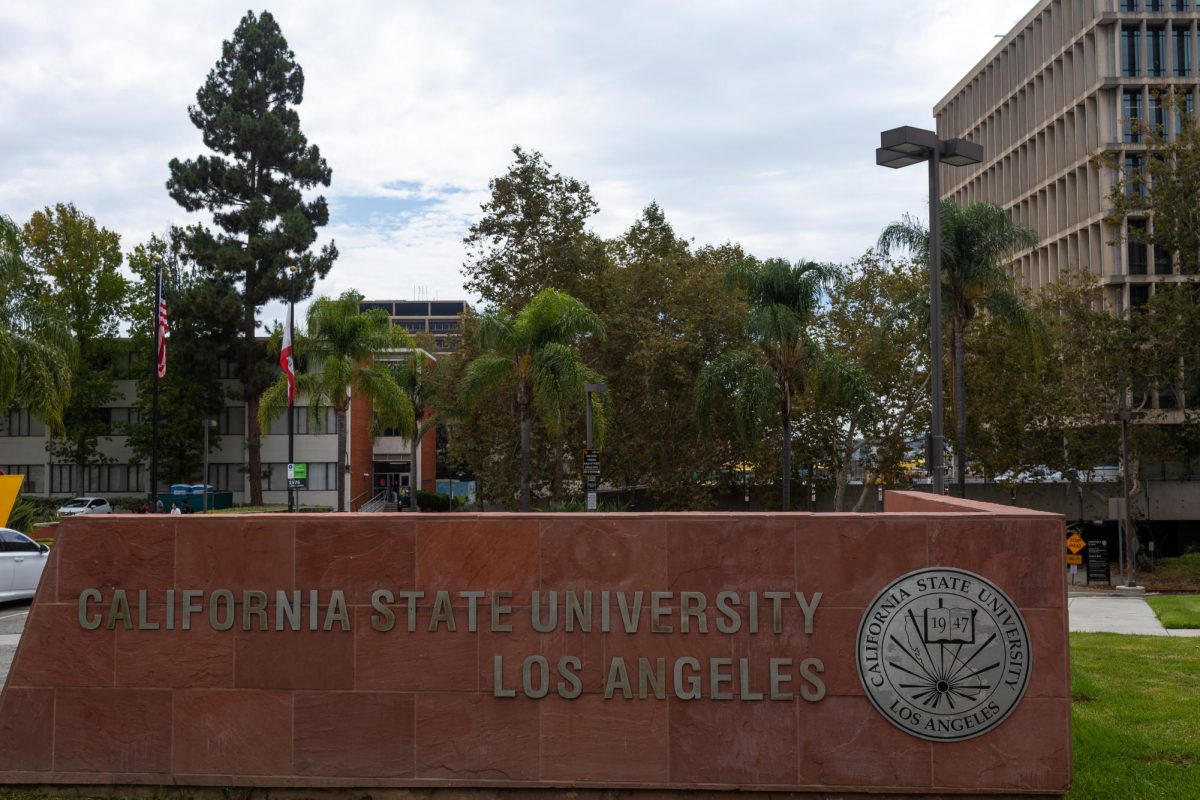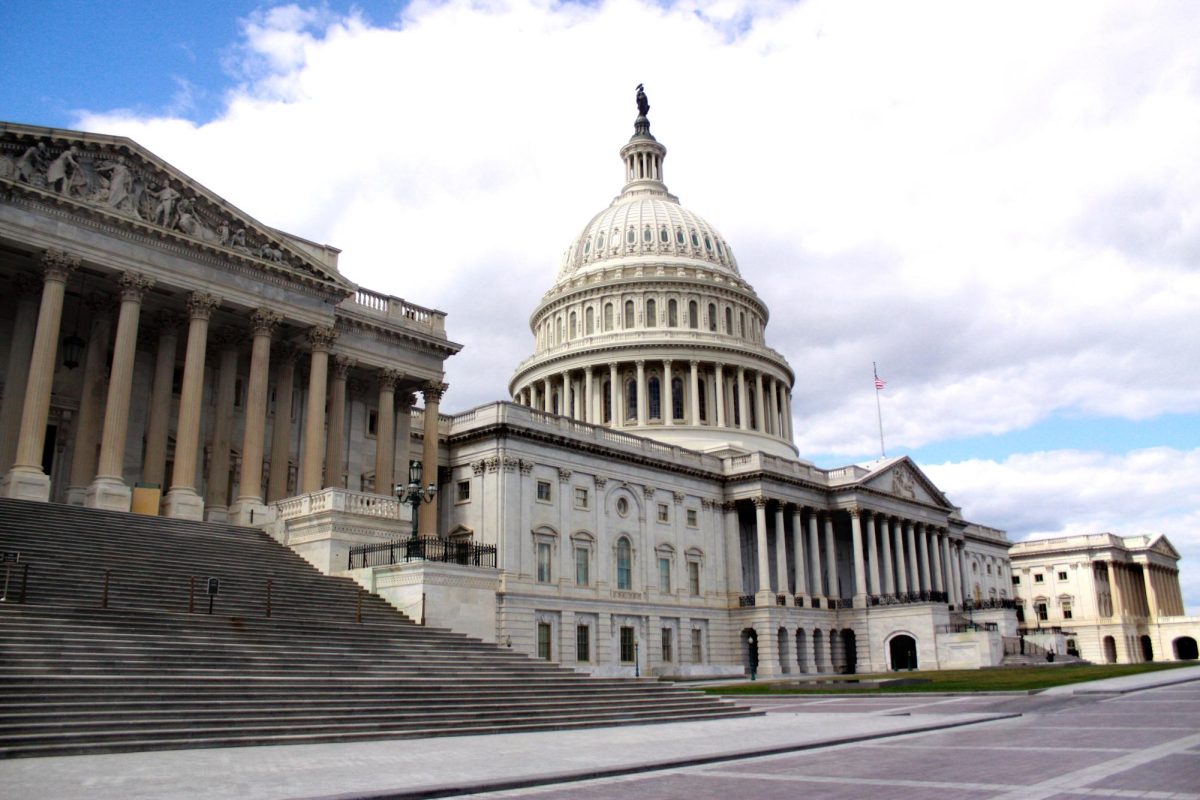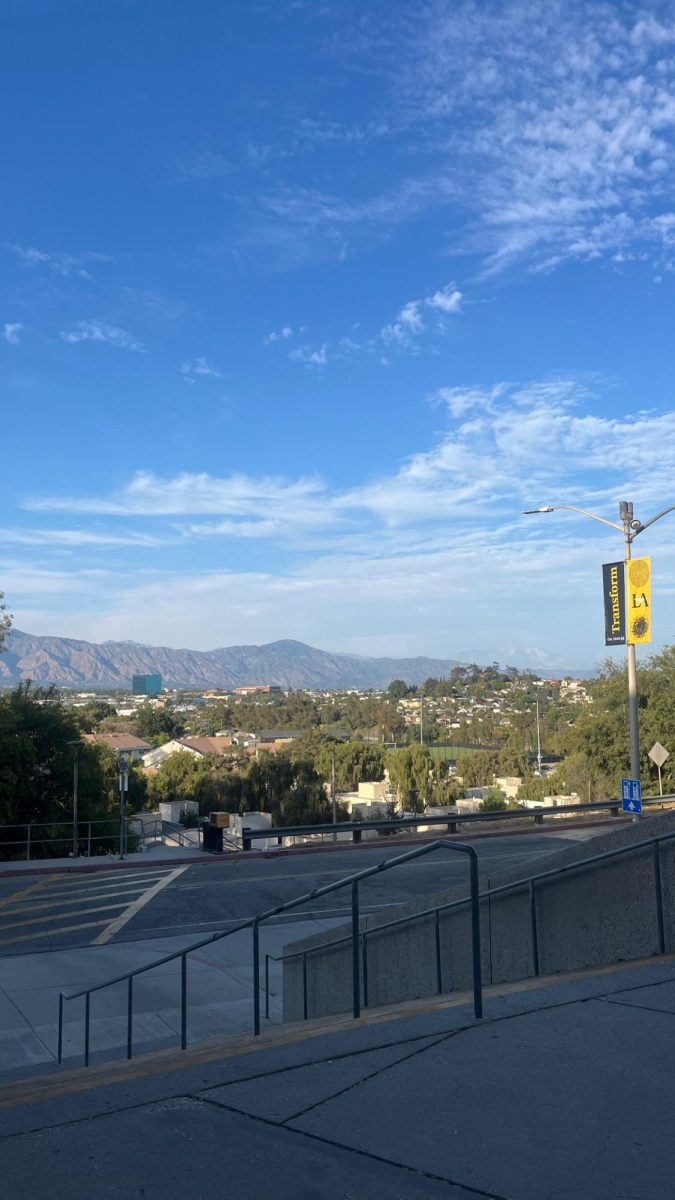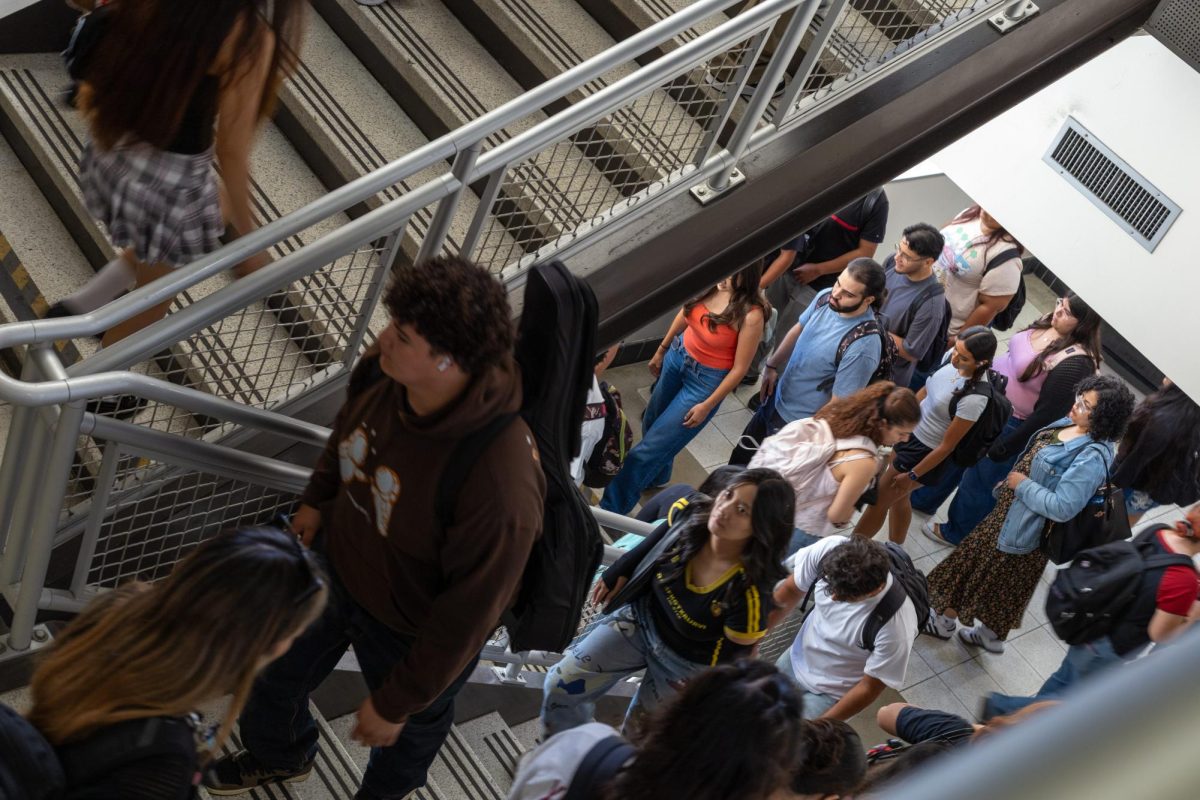Correction: Sept. 23 at 11:00 a.m. to correct the misspelling of LA Councilwoman Ysabel Jurado’s name. We apologize for the mistake and for any confusion this may have caused.
In June, the California State Senate passed Senate Bill 79 which was initially proposed by Scott Weiner (Senate District 11), and is an attempt to alleviate the California housing crisis by building taller multifamily homes and apartments in areas near major transit lines across the state, including in Los Angeles County and near California State University, Los Angeles (Cal State LA.)
Currently cities across California continue to ban new housing projects near publicly funded transit stops, which has contributed “to high housing costs, make traffic and pollution worse, and make it difficult or impossible for most Californians to use the transit systems they paid for,” California YIMBY said in support of the proposed bill.
“SB 79 is a commonsense bill,” Brian Hanlon, the CEO of California YIMBY said in a statement on the group’s website. “It applies only near major transit stops like the Metro, it requires affordability, it maintains environmental protections, and it guarantees local design standards. What it doesn’t do is what opponents claim: it doesn’t eliminate environmental review, it doesn’t apply to every bus stop, and it doesn’t bulldoze single-family neighborhoods.”
The bill has passed through the legislation review process, and successfully passed through all of the California Assembly Committees as state leaders and interest groups made their amendments. The bill is expected to face a full Assembly vote in mid-September, and if passed could be signed into law by California Gov. Gavin Newsom shortly thereafter.
However, the bill has faced major opposition and concerns from across the state, including at an Aug. 19, LA City Council meeting where it was shot down and opposed in an 8-5 vote. Ysabel Jurado, who represents council district 14 where Cal State LA is in, opposed the bill, citing concerns that it did not have enough protections for tenants rights, and could knock down rent-stabilized or controlled buildings already there, according to a report from LAist at the time.
“I’m not willing to gamble losing Boyle Heights,” Jurado said in that same report. “That’s a gamble I don’t want to take considering the lack of clarity around the issues of tenant protections, how it may or may not impact my district.”
SB79 would not provide any funding for university housing, or other types of housing even as a majority of California State University schools face major housing shortages. At Cal State LA only 8% of students live on-campus, according to a 2025 CSU housing report.
If the bill passes there could be an increase in affordable housing options closer to campuses and could reduce commute times, decrease financial stress, boost more local businesses and economic growth, according to California YIMBY.
Even as the bill seems close to passing, the new rules could take away local planning power and that has raised some concerns from the LA City Council.
“Sacramento is hijacking local planning, stripping away neighborhood voices, ignoring safety and infrastructure, and handing the keys to corporate developers,” Councilmember Traci Park told LAist.
Students and lifelong residents could be priced out, weakening tenants’ rights, and worsening the housing issues.
“Enabling the cities to recover the actual infrastructure costs, the mandates create unfunded obligations,” Los Angeles attorney Hydee Soto said in May.
As a result, safeguarding the local land policy could be overridden, along with zoning and environment policies, opening way for gentrification and higher prices, Soto said.
Los Angeles and other counties do not oppose housing. They support good planning, but building affordable housing is something that some developers have consistently ignored, according to Soto.
Curious about any other legislation and how it could impact you? Reach out to us at editorinchief.ut@gmail.com.


